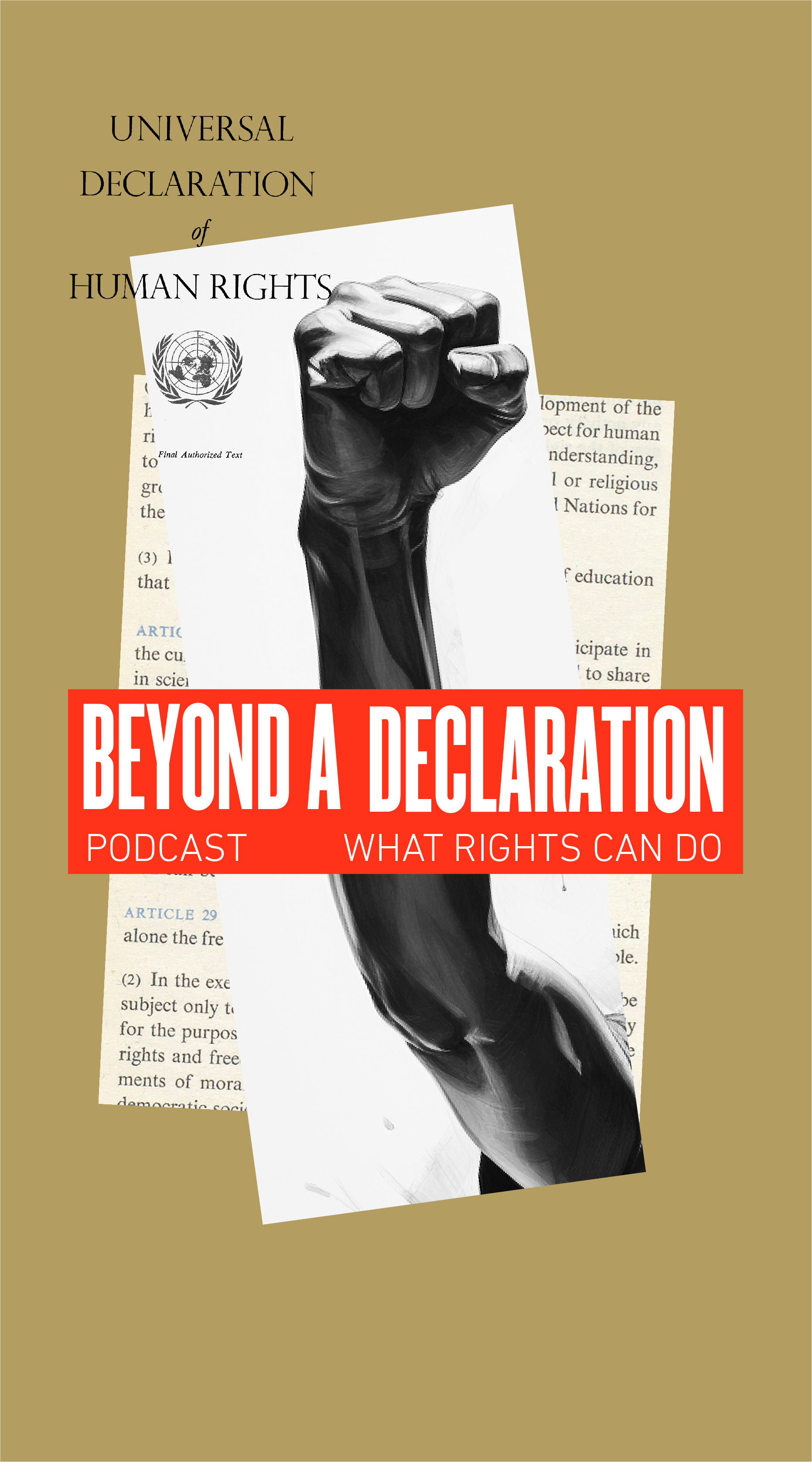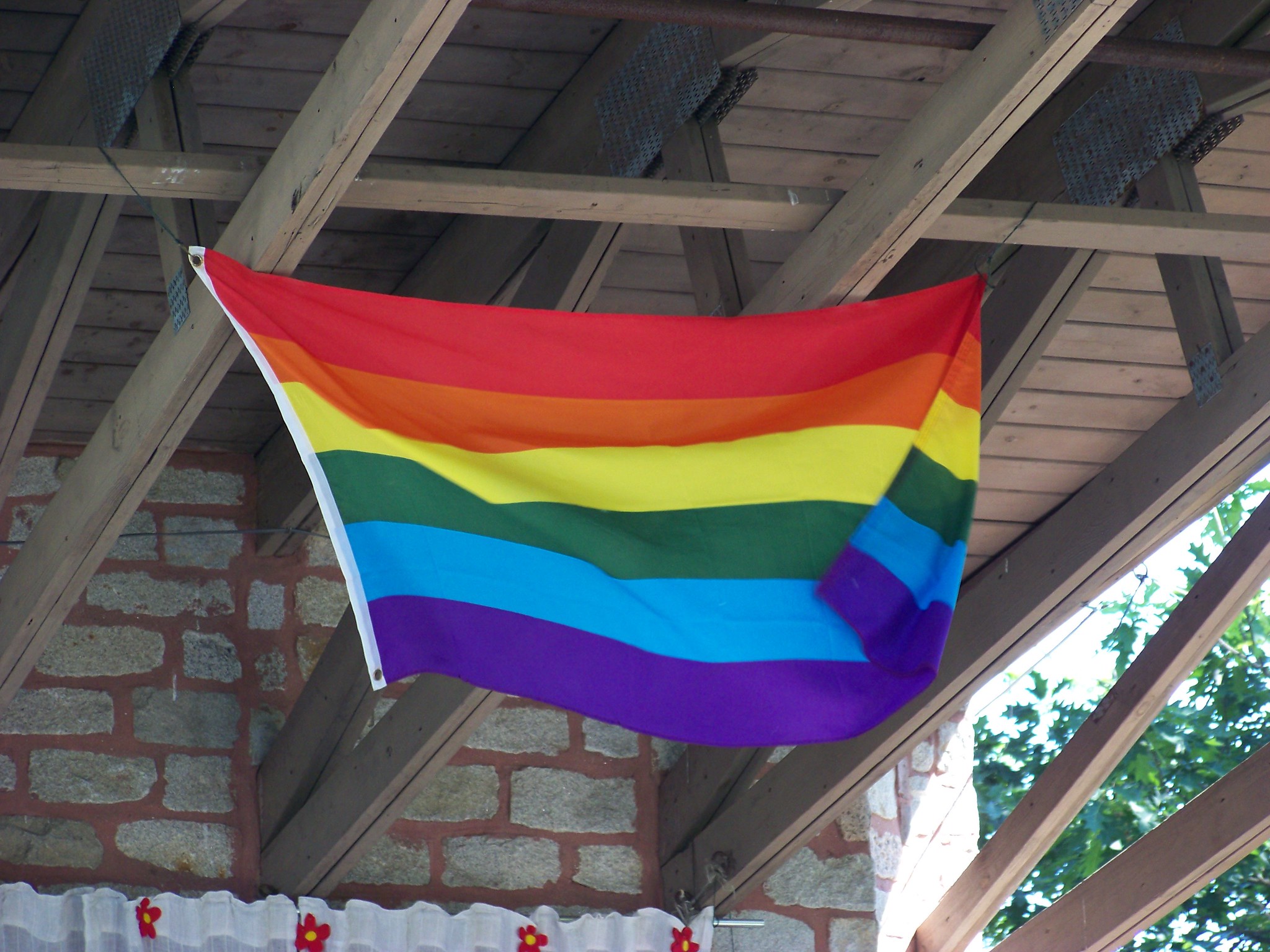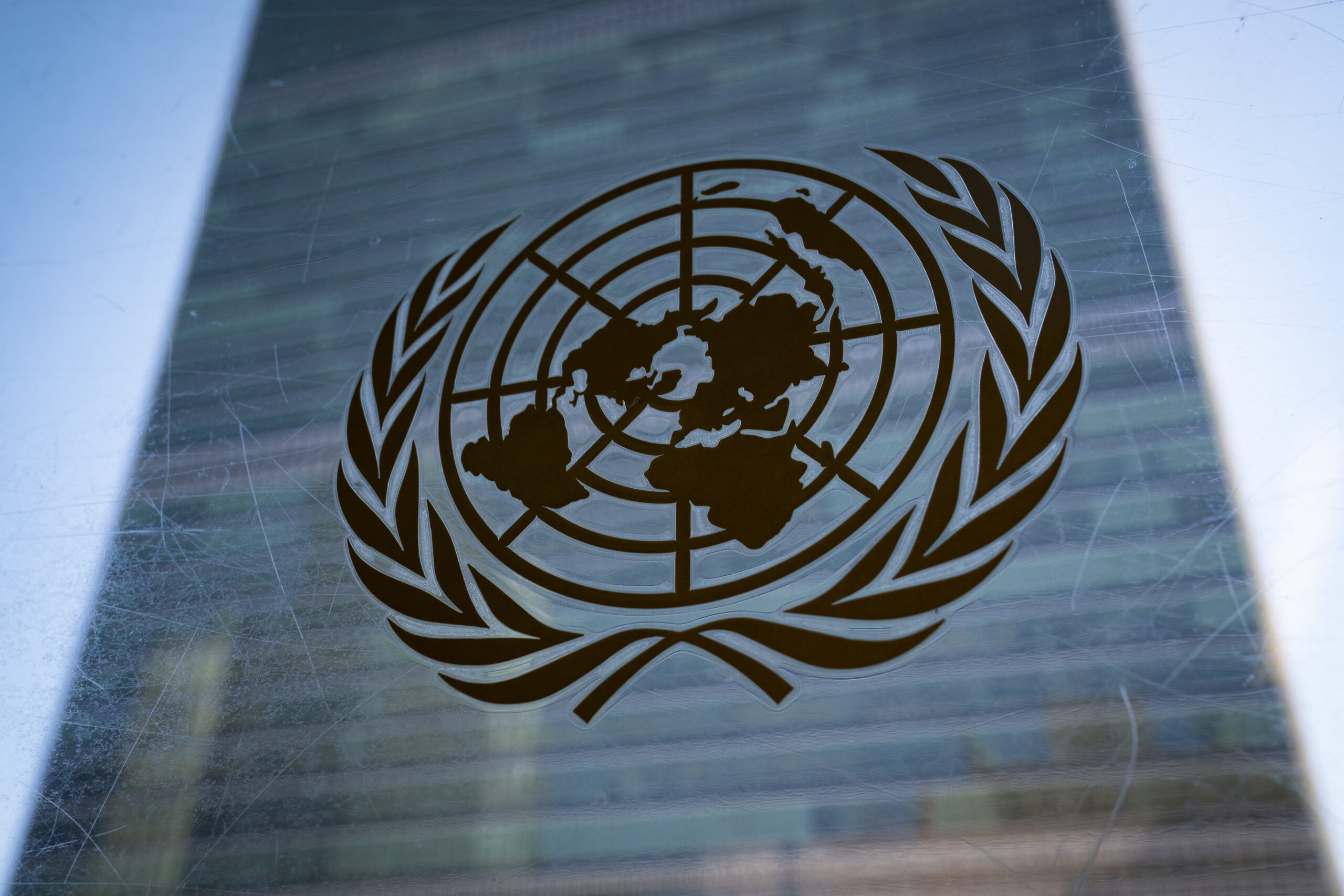An international agreement on business and human rights (“UN treaty”) in the sense of a feminist foreign and development policy
In this new briefing of our series about the UN Treaty on Business and Human Rights in collaboration with the Global Policy Forum, Karolin Seitz highlights the potential of the draft agreement to translate the feminist foreign and development policy envisaged by the German government from theory into practice.
In spring 2023, guidelines for a feminist foreign and development policy were presented to the German Federal Cabinet. An international treaty on business and human rights, as negotiated in the United Nations (UN) Human Rights Council since 2014, would address the discriminatory global power structures and structural causes of global inequality and contribute to a systemic change in the sense of a feminist foreign and development policy. Women and marginalized groups are particularly affected by exploitative business practices in global value chains.
The current draft agreement, also known as the “UN treaty”, focuses on the rights and protection of those affected by human rights violations in the business context and, unlike the German Supply Chain Act and the EU Corporate Sustainability Due Diligence Directive (CSDDD), takes gender justice into account comprehensively. The treaty would strengthen the rights, resources, and representation of women and marginalized groups in line with the 3-R approach.
Top photo: AP Photo/Kathy Willens.



